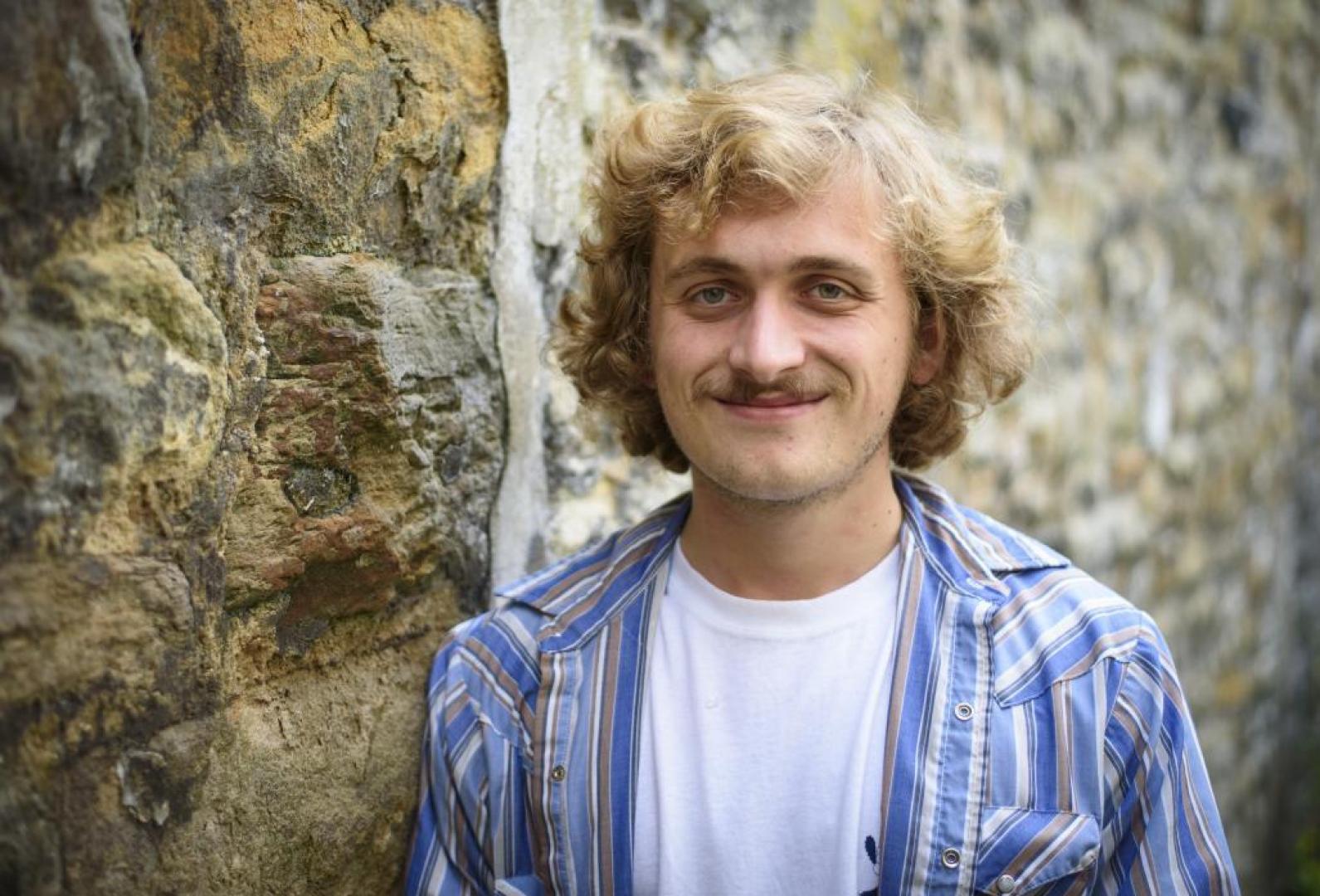You’ve seen Lebanon’s political and economic crisis on the news and read about it in the papers, but in this weekly travel diary, Ben Pullan tells us what it’s really like. The 24-year-old Barnard Castle resident and Arabic student has travelled to Lebanon where he is studying at a language institute.
You are introduced to Lebanon’s crisis on the flight to Beirut’s Hariri International Airport.
Flights approach the city over the port of Beirut which now lies in ruins, as does much of the city centre, in the aftermath of the port explosion last year. After the explosion the Lebanese government resigned; the political crisis fuelling Lebanon’s descent into what the World Bank described as one of the world’s worst economic crises. Flying past the blast zone the Syrian and Palestinian refugee camps come into view. The ‘camps’ have become part of the city’s diverse skyline.
Lebanon, with a population of six million, has become host to the most Syrian refugees per capita than any other country following the civil war of its neighbour. Before this, Lebanon has been a home to Palestinians refugees, fleeing from violence in their homes. It is estimated there are 1.7 million refugees in the tiny Mediterranean country.
Leaving the aeroplane and walking through the airconditioned airport Lebanon’s problems vanished. A modern, well-staffed border and an army of covid testers welcome you to the country. The amenities of the modern airport are present; Lebanon’s crisis becomes a fairy-tale conjured up by sensationalist media and easily scared ‘experts’.
Striding out of the airport, having met our taxi driver Ay’man, the first thing noticed (apart from the heat) is the silence. The absence of aircraft, the sleepy taxi ranks, the sparsely occupied carpark; the hustle and bustle associated with modern travel has disappeared. Maybe there is a crisis. On the road into Beirut the reality of the crisis is emphasised. Cars wait for petrol in queues hundreds of meters long that choke the highways. Vehicles grind to a halt due to a lack of petrol. The crisis has become clear. The road from Beirut to Tripoli takes you past Beirut’s port; the surrounding buildings and the port are all ruins. Ay’man, a father of three who exudes a sense of calmness, lamented the state of the country; “Poor Beirut. Poor Lebanon.” However, Ay’man introduced us to the spirit of the Lebanese people. The generosity and kindness of Ay’man has been repeated by most people we have met.
The contrast of Lebanon’s crisis and the resilient, resourceful, generous, and kind nature of the Lebanese is stark. How have a long suffering people nurtured such a spirit? It is a mystery. But, as Ay’man said, “Haidha Lubnan” . This is Lebanon.






